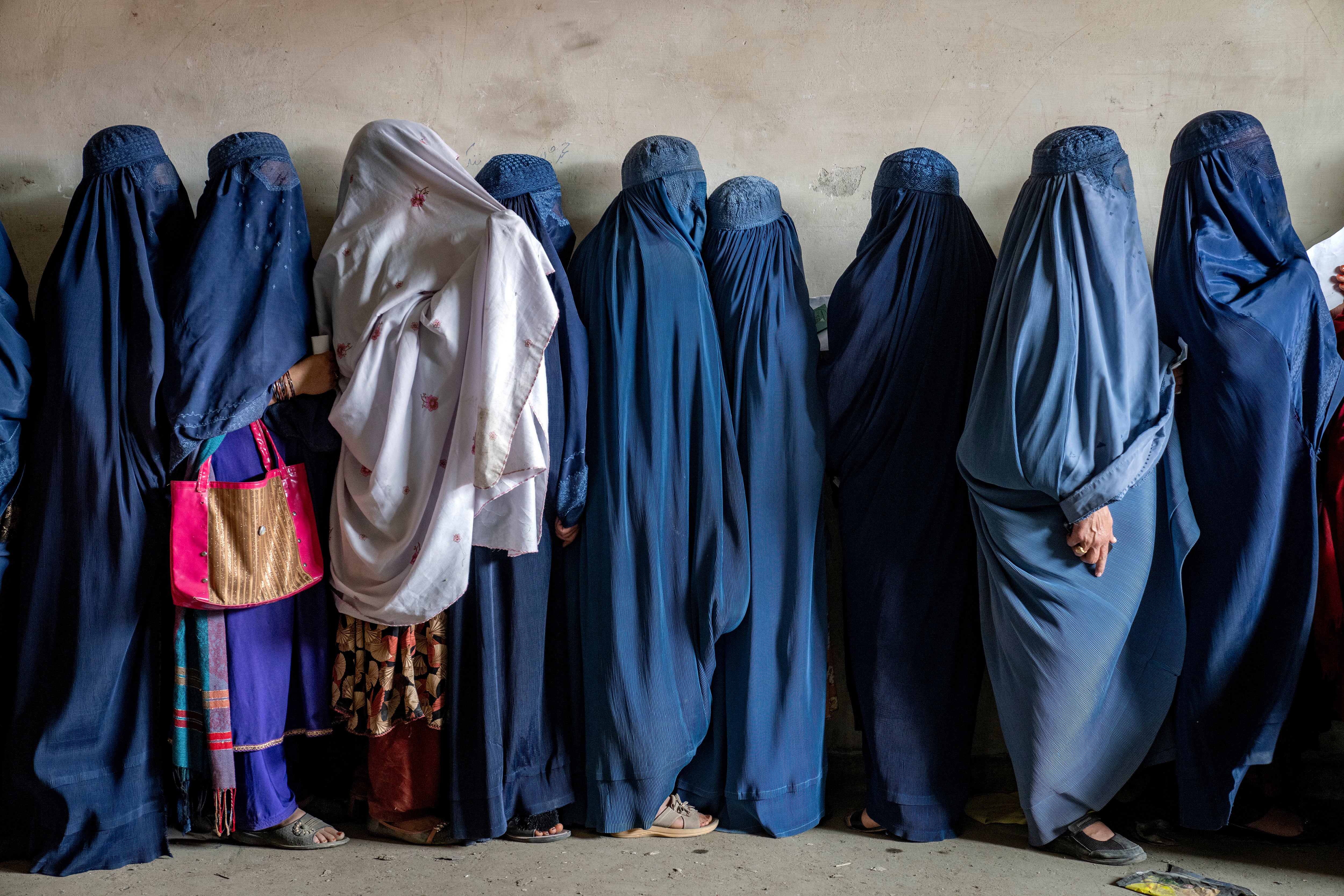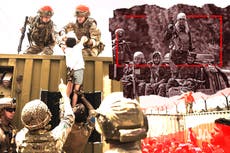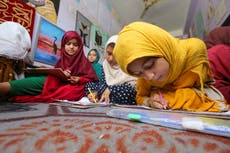Women beheaded and bodies dumped in rivers under Taliban rule in Afghanistan, report says
‘We have seen reported cases of femicide on the increase, the reintroduction of public lashings and executions, a steady stream of deaths and detentions of former security and armed forces personnel,’ expert says

Women are being beheaded and having their bodies dumped in rivers and streets under Taliban rule, according to a troubling new report.
A study, by Afghan Witness, found 3,329 claims of human rights infringements in Afghanistan since the Taliban seized power of the country in August two years ago.
Researchers, who used open-source data, documented 1,977 claims of human rights breaches involving killings, arbitrary detentions and torture of the population since January last year.
The study notes hundreds of reports of women being violently killed by the Taliban, with the figures indicating a “gradual rise” in femicide cases.
“Since January 2022, Afghan Wintess has been recording reports of women being individually killed, often in circumstances of extreme violence and brutality,” the report states.
Researchers state they recorded 188 such cases across the country from January last year to July this year – with reports including cases of women being beheaded or shot at, as well as cases of stabbings. Bodies are said to be frequently discarded in rivers or streets, with reports sometimes stating their bodies indicate torture or suffocation, according to the Afghan Witness study.
David Osborn, of the Afghan Witness project, said: “The Taliban have reneged on many of their early promises regarding human rights, particularly for girls and women, and an amnesty for officials and security personnel who worked under the Republic.
“Since then we have seen reported cases of femicide on the increase, the reintroduction of public lashings and executions, a steady stream of deaths and detentions of former security and armed forces personnel, and the continuing repression of civil society, the media and activists.”
He noted while not all cases can be verified, the “sheer scale” of reports from “so many Afghans” sheds light on the “widespread and wide-ranging nature of human rights abuses being carried out, with impunity, by the Taliban and others”.
Mr Osborn added: “Despite the risks, some – predominantly women – have continued to protest. But these voices and wider civil society within Afghanistan, are increasingly isolated on the ground after two years of Taliban rule.”
Researchers documented 56 announcements by the Taliban Supreme Court issuing public punishments to more than 350 people – with this form of reprisal mainly linked to so-called moral crimes like adultery, sodomy and entering an illicit relationship – since the first public corporal punishment in October 2022.
The Taliban has blocked women from the workplace, education and public spaces, as well as barring them from taking part in all sports since retaking power two years ago.
Researchers verified almost 70 women-led street protests since the first demonstration in August 2021 – with protesters showing their opposition to the curtailment of girl’s and women’s access to education and the workplace.
The report documented 67 reports of civil society activists and demonstrators being arrested between January 2022 and July this year. Meanwhile, there were 98 reports of journalists, photographers and media commentators detained by the Taliban.
Join our commenting forum
Join thought-provoking conversations, follow other Independent readers and see their replies
Comments



Bookmark popover
Removed from bookmarks